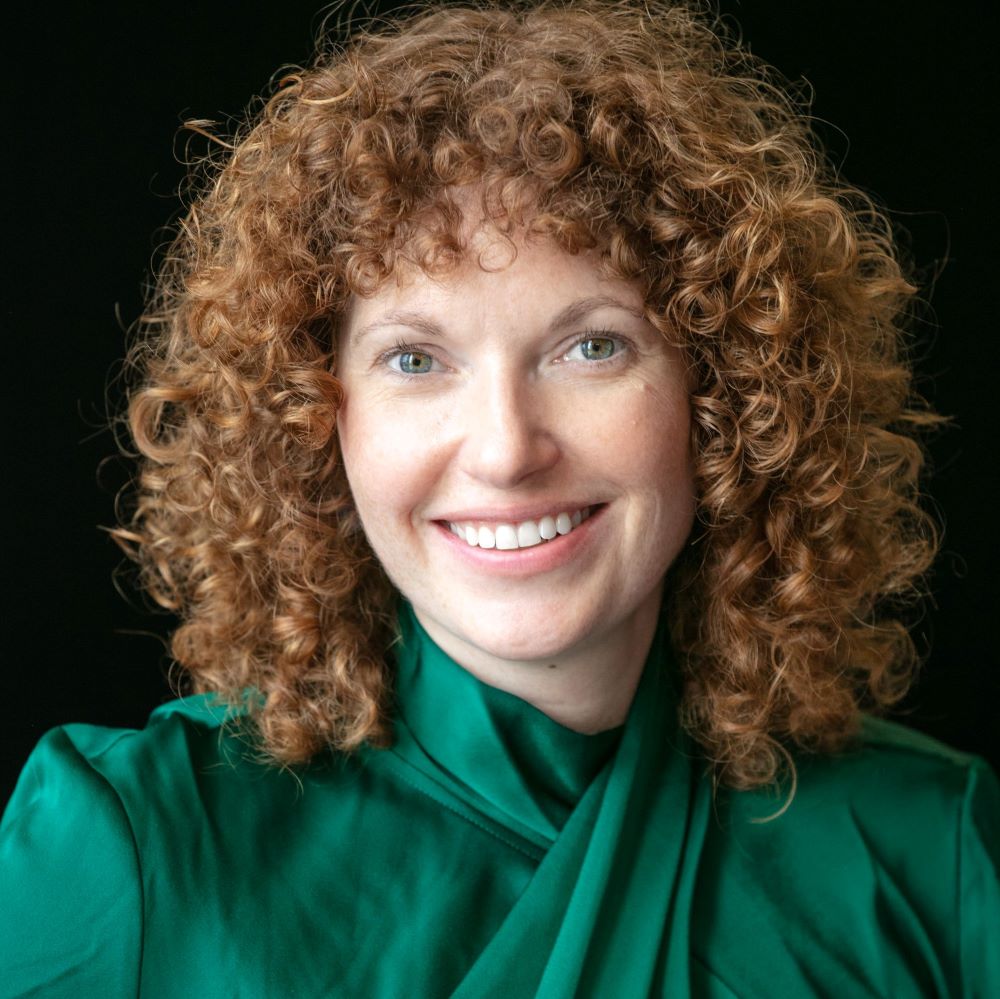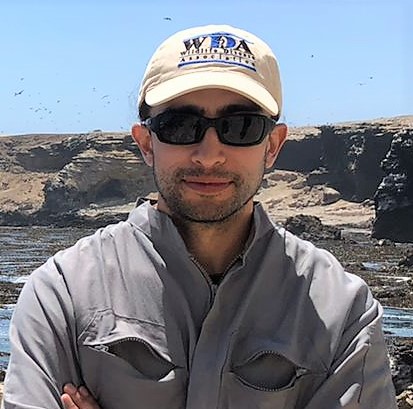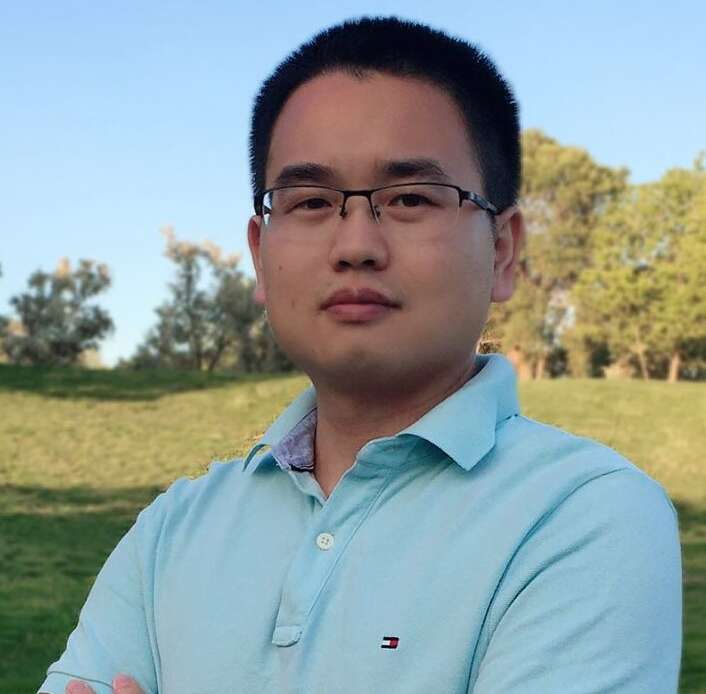Four U of G-led projects have received a total of $997,000 from the federal New Frontiers in Research Fund (NFRF), which supports interdisciplinary projects and encourages inventive approaches to research.
NFRF is a tri-agency program supported by Canada’s three federal research funding agencies — the Canadian Institutes of Health Research, the Natural Sciences and Engineering Research Council and the Social Sciences and Humanities Research Council.
“This generous support is a testament to the trailblazing potential of these projects and to the originality and commitment of these incredible researchers, who are pushing the frontiers of their disciplines to improve life through imagination and innovation,” said Dr. Malcolm Campbell, vice-president (research).
“From climate change, health research and the science of the workplace, U of G researchers are continuing to improve life,” said Lloyd Longfield, MP for Guelph. “This funding from the Government of Canada-NFRF continues to transform research and provide opportunities for innovation in Canada and internationally.”
Dr. Jennifer Geddes-McAlister

Geddes-McAlister, a professor in the Department of Molecular and Cellular Biology, College of Biological Science, will receive $250,000 to improve the diagnosis and treatment of microbial infections.
Current tests take 24 hours or more for results and do not directly detect antimicrobial resistance. Geddes-McAlister and her collaborators aim to develop innovative tests that identify infection-causing pathogens and their antibiotic sensitivity within hours.
Health professionals will be able to provide their patients with fast and effective treatment, while reducing the spread of antibiotic resistance.
Dr. Shoshanah Jacobs
A professor in the Department of Integrative Biology, College of Biological Science, Jacobs will receive $250,000 to create an exhibition, repository and anthology that will allow visitors to imagine and interact with a climate-changed future.
The exhibition will feature “Manufactured Ecosystems” in which all ecological functions have been replaced by biomimetic technologies, human-made devices that mimic the structures and processes of the natural world.
Jacobs and their international team of collaborators hope the exhibition will reshape current narratives about climate change and spark future-thinking dialogue among visitors.
Dr. Mauricio Seguel

Seguel, a professor in the Department of Pathobiology, Ontario Veterinary College, will receive $247,000 to study how transferring microbiomes — the body’s community of resident microorganisms — from one body to another might influence immunity.
He and his collaborators will study the development of immunity in newborn South American fur seals by measuring changes in the pups’ microbiomes as their social network grows.
The team hopes the research will provide evidence that social interactions can lead to immunity and bring about novel interventions for boosting immune health.
Dr. Sheng Yang

A professor in the School of Engineering, College of Engineering and Physical Sciences, Yang will receive $250,000 to improve virtual environments used to test and refine manufacturing processes and systems.
Created using data from sensors and other sources, digital twins of real-world manufacturing systems reliably simulate the behaviour of equipment and processes, but human digital twins (HDT) have so far failed to capture the complexity and variability of human behaviour. Sheng and his collaborators aim to develop HDTs with realistic emotions and decision-making abilities.
Better HDTs will lead to creating safer and more efficient human–machine collaborative manufacturing systems, but they could also be useful in health care and personalized product design.